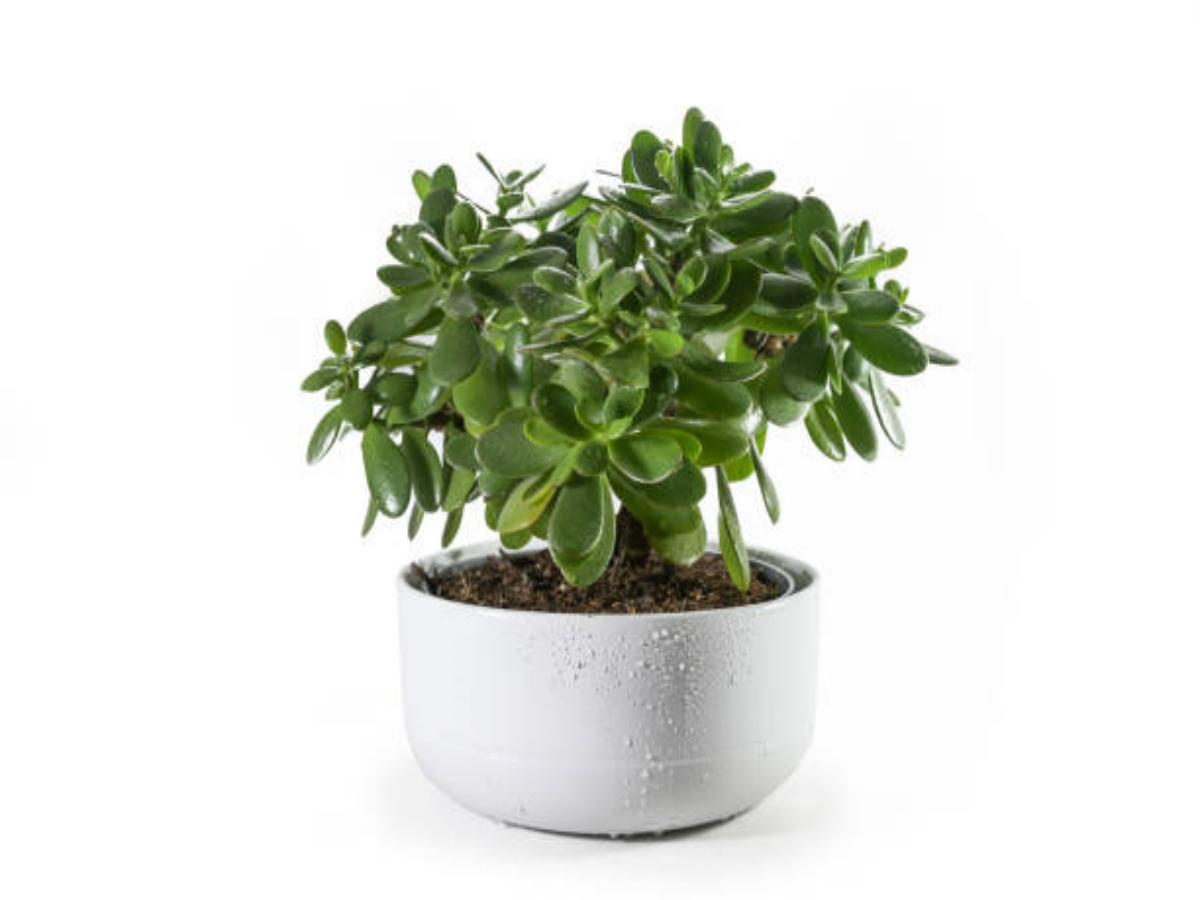Are Ceramic Pots Good For Plants: A Comprehensive Guide
When it comes to choosing the right type of pot for your plants, there are many options available. One popular choice among gardeners is ceramic pots. But are ceramic pots really good for plants? In this article, we will explore the various aspects of ceramic pots and their impact on plant growth and health.
1. Understanding Ceramic Pots
Ceramic pots are made from clay that is fired at high temperatures, resulting in a durable and porous material. These pots come in a variety of shapes, sizes, and colors, making them a popular choice for both indoor and outdoor gardening.
2. Benefits of Ceramic Pots
Ceramic pots offer several advantages that make them a good choice for plants:
- 1. Moisture Retention: Ceramic pots have excellent moisture retention properties, which can be beneficial for plants that require consistent soil moisture.
- 2. Insulation: The porous nature of ceramic pots helps to insulate the plant's roots from extreme temperature fluctuations.
- 3. Stability: Ceramic pots are heavier than plastic pots, providing stability and preventing plants from toppling over.
- 4. Aesthetic Appeal: Ceramic pots are known for their aesthetic appeal, adding beauty and elegance to any garden or indoor space.
3. Proper Drainage
While ceramic pots have excellent moisture retention properties, it is crucial to ensure proper drainage to avoid waterlogged soil. Without proper drainage, plants may suffer from root rot or other water-related issues. It is recommended to use ceramic pots with drainage holes or add a layer of gravel at the bottom to facilitate water flow.
4. Porosity and Breathability
Ceramic pots are porous, allowing air to reach the plant's roots. This porosity helps in the exchange of gases and prevents the roots from suffocating. The breathable nature of ceramic pots also reduces the risk of overwatering, as excess water can evaporate through the pot's surface.
5. Protection from UV Rays
Exposure to excessive sunlight can be harmful to plants. Ceramic pots provide protection from harmful UV rays, shielding the roots and helping to maintain optimal growing conditions.
6. Potential Drawbacks
While ceramic pots offer numerous benefits, there are a few potential drawbacks to consider:
- 1. Fragility: Ceramic pots can break if mishandled or dropped, so extra care is required while handling them.
- 2. Weight: The weight of ceramic pots can make them difficult to move or rearrange, especially for larger plants.
- 3. Cost: Compared to plastic pots, ceramic pots tend to be more expensive.
7. Suitable Plants for Ceramic Pots
Ceramic pots are suitable for a wide range of plants, including:
- 1. Succulents and Cacti: These plants thrive in well-draining soil, making ceramic pots an excellent choice.
- 2. Tropical Plants: Many tropical plants prefer the moisture retention properties of ceramic pots.
- 3. Herbs and Flowers: Ceramic pots add a touch of elegance to herb gardens and flower arrangements.
8. Caring for Ceramic Pots
To ensure the longevity of your ceramic pots and the health of your plants, follow these care tips:
- 1. Cleaning: Regularly clean the pots to remove any dirt or debris that can accumulate on the surface.
- 2. Winter Protection: During winter, protect ceramic pots from freezing temperatures by moving them indoors or to a sheltered area.
- 3. Avoid Overwatering: While ceramic pots retain moisture, it's essential to avoid overwatering, as it can lead to root rot.
9. Alternatives to Ceramic Pots
If ceramic pots don't align with your gardening needs, consider these alternative options:
- 1. Plastic Pots: Plastic pots are lightweight, affordable, and come in various sizes. However, they may not offer the same aesthetic appeal as ceramic pots.
- 2. Terracotta Pots: Terracotta pots are similar to ceramic pots but are made from unglazed clay. They offer good breathability but may require more frequent watering.
- 3. Fabric Pots: Fabric pots are lightweight, breathable, and promote better root health. They are an excellent choice for plants that require good drainage.
10. Conclusion
Ceramic pots are indeed good for plants, offering numerous benefits such as moisture retention, insulation, stability, and aesthetic appeal. However, it is crucial to ensure proper drainage and handle them with care due to their fragility. By understanding the specific needs of your plants, you can make an informed decision on whether ceramic pots are the right choice for your gardening endeavors.

